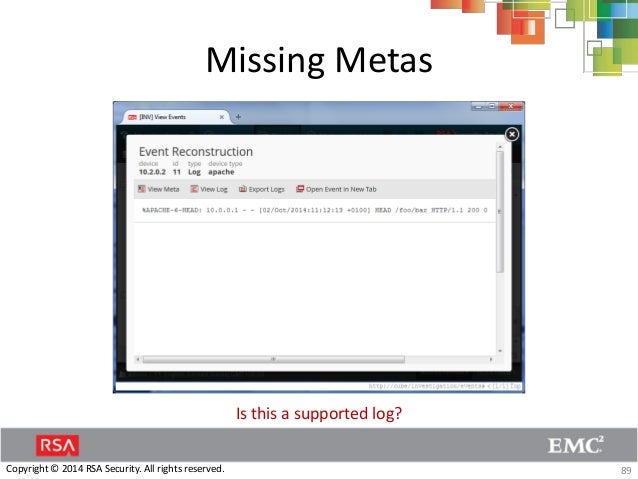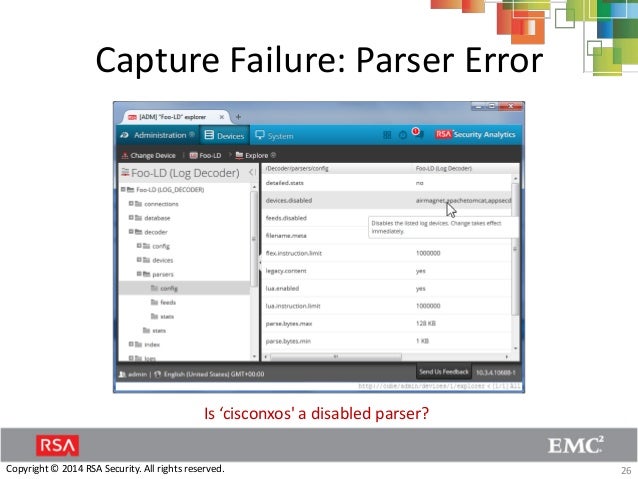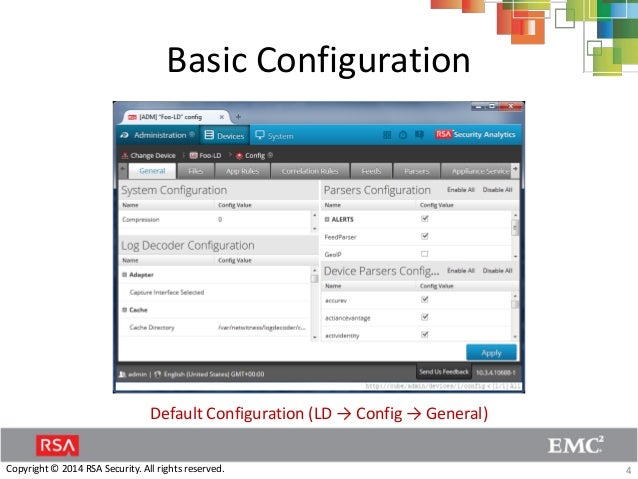

Demonstrate that your implementation works by showing plaintext, intermediate results, encrypted text, and decrypted text.Messages can be hard-coded into the program, there is no need for elaborate input coding.The following keys will be meet this requirement however, they are NOT long enough to be considered secure:
#RSA CRYPTEXT DECODER CODE#
There is no need to include library code but it must be referenced unless it is built into the language. Demonstrate that your solution could support real keys by using a non-trivial key that requires large integer support (built-in or libraries).Either support blocking or give an error if the message would require blocking).Encode and decode the message using any reversible method of your choice (ASCII or a=1.,z=26 are equally fine).Encrypt and Decrypt a short message or two using RSA with a demonstration key.Keys of 829 bits have been successfully factored, and NIST now recommends 2048 bit keys going forward (see Asymmetric algorithm key lengths).

Research into RSA facilitated advances in factoring and a number of factoring challenges. The advantage of this type of encryption is that you can distribute the number “ n ”. It is named after Ron Rivest, Adi Shamir, and Leonard Adleman who published it at MIT in 1977. RSA code is used to encode secret messages. Given an RSA key (n,e,d), construct a program to encrypt and decrypt plaintext messages strings. However, this is not the case in this tutorial since we don’t have the sender or the receiver of the message, hence we are getting the knowledge on the use of a signature, signing a message, and verifying the signature.You are encouraged to solve this task according to the task description, using any language you may know. On the recipient’s side, which is peer B, it is going to decrypt the message using the private key and then verify the signature of the message using the public key of peer A which is the sender of the message. However, this method is signed using the private key of peer A, which is the peer sending the message. When peer A is sending a message to peer B, the message should be encrypted using the public key of peer B. If you have two peers i.e, peer A talking to peer B. In this tutorial, we have encrypted a message using a public key and signed it using our private key. With that, you can enter your message, encrypt, and then decrypt it. Print( 'The message signature could not be verified')
#RSA CRYPTEXT DECODER INSTALL#
Open your terminal and use the command below to install it: In this tutorial, we will be using rsa python package.

However, for the private key, as the name suggests, it is kept private at the recipient’s side. The public key will be available in a public key repository. This is so that the receiver is the only one who can decrypt the message using their private key. The sender will encrypt the plain text with the recipient’s public key. One key is used for encrypting the message which can only be decrypted by the other key.įor instance, let’s say we have two peers communicating with each other in a channel secured by the RSA algorithm. How the RSA encryption and decryption worksĮach pair of the RSA algorithm has two keys, i.e. I will be using Visual Studio Code for this tutorial.
#RSA CRYPTEXT DECODER DOWNLOAD#
You can download either Pycharm or Visual Studio Code


 0 kommentar(er)
0 kommentar(er)
